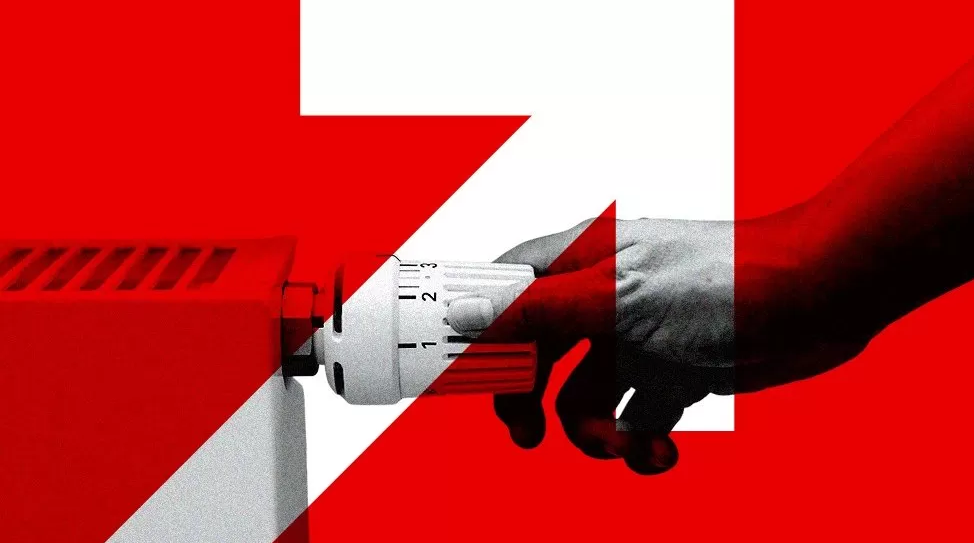For all Social Security Subscribers (employers and employees), please take care when you calculate your deductions for the Social Security for both employer and employee starting from January 2023 as this amount will differ due to the fact that the Authority has changed the deductions brackets. If you are facing any problems in calculating this month’s deductions, please reach out to VCG at info@vcg-eg.com and our expert team will help you.



